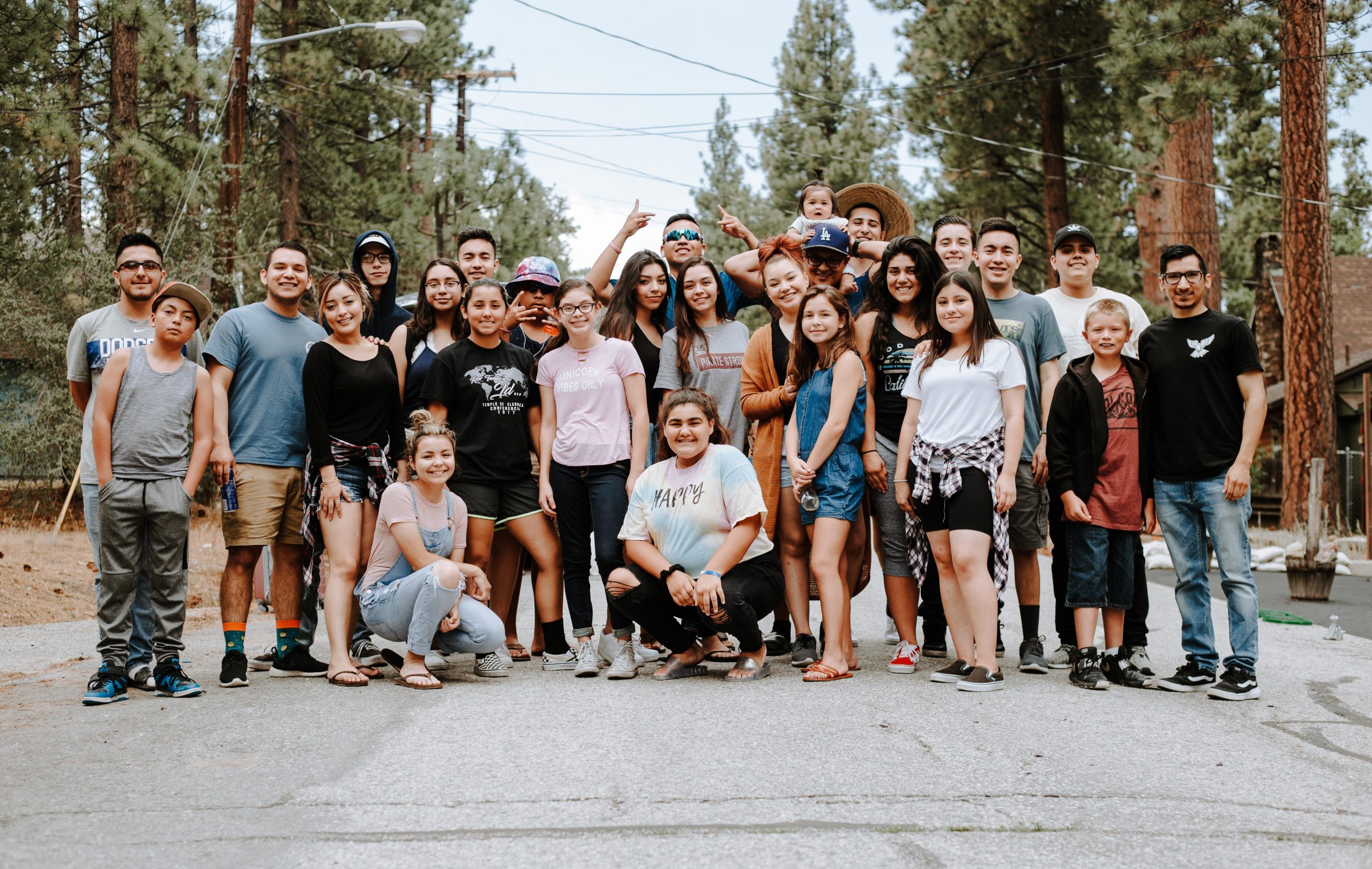Regulars of this ‘ere blog will be familiar with my abundant love of all things *community*. In fact, this has been a long running joke in the LugRadio world where I am accused of saying *community* way too often. Guilty as charged, m’lud. To this end, the always tiny and affable [Gerv Markham](https://www.gerv.net/) sat in one of my recent presentations with a laptop facing me and flashed the word *COMMUNITY* on the screen whenever I said it. Cheeky sod. 🙂
The thing I find so exciting about community is the sheer *potential* it offers. I remember when I first got involved in Free Software and bought Slackware Unleashed, I opened up the book, so thick that I could barely pick the damn thing up, and when I started reading about the ethos and structure of the Open Source community, it got me really fired up. I was specifically excited by the fact that not only did so much potential exist, but the core tools for realisation of that potential (communication mediums, cost-effective hardware/Internet, free tools, intellect/skill) were all there. *Potential* combined with the *tools to realise that potential* is an exciting prospect.
Potential is not just about the combined ethos and realistic ability to achieve it though. I also find potential exciting because it is conventionally unrestrained by context or the seeming limitations of individuals – potential is the combined realistic opportunity of a collection of interesting minds and motivations. If we want political peace in a region and only an individual can bring it, it will never happen, but construct an environment in which a community prospers around the concept of peace, and the potential for actual peace grows, as does hope. Whether we apply this to political peace or to fundamentally shaking up the rules of engagement in the IT industry…potential is what keeps people of like-minds glued together on the same path.
Potential though is not a mystical hand-wavy substance that is only on-tap to the godly few, it is something that needs to be developed, grown and nurtured, and this requires us to build strong communities – whether IT communities, local communities, political communities or otherwise. When we boil a community down to its core raw material, the skill of creating community is in creating *belonging*. When people feel that they belong, that their interactions are of the mutual benefit of everyone, that they are enabled to do good work, and when they are respected, we not only get potential, but we actually get real, tangible, measurable results.
That is what gets me excited by community; it is not a theoretical exploration performed inside the minds of boffins of MIT professors, it is not just an academic exercise, it is a recipe for real change that is unbound by the limitations of the individual. Pretty darn exciting, eh? 🙂








